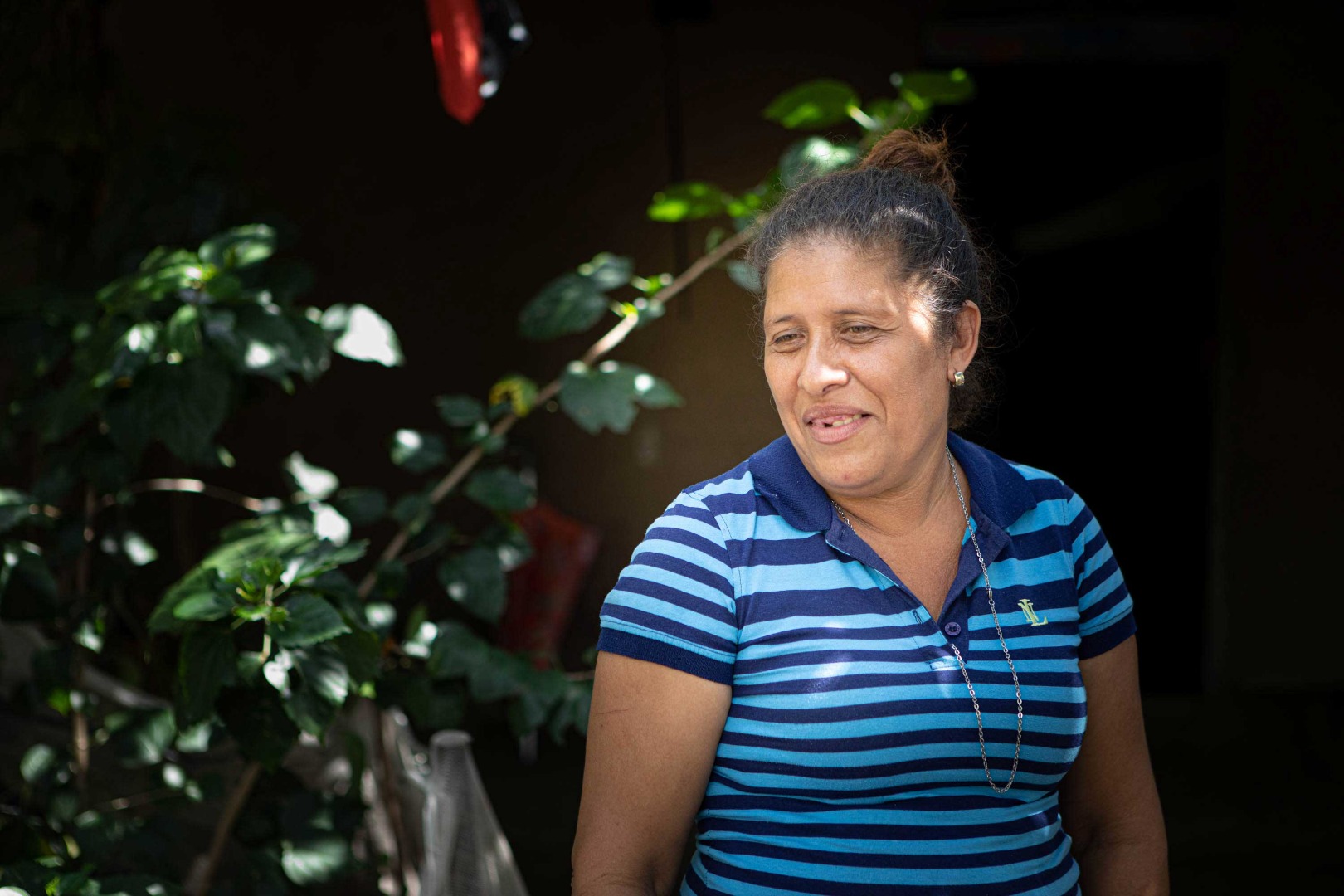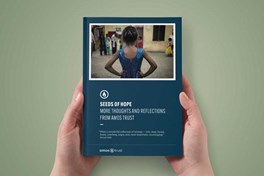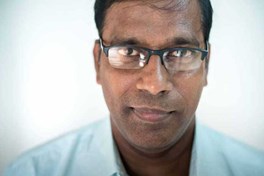Our Approach
Our long-term partner CEPAD has a tried and tested five-year model that responds to this in a holistic and sustainable way. Local experts teach farmers how to adapt their land to cope with the changing climates — how to conserve water, create organic fertilisers and choose the most appropriate crops.
Women learn how to cultivate the land around their houses, improve soil quality and conserve water. They are encouraged to plant a wide range of fruit and vegetables, broadening their family diet. As their yields increase, they learn how to develop a micro-business to sell the surplus.
At the same time, community leaders are taught to listen to their community, identify needs and encourage participation. They learn about their rights and how to lobby effectively to see real change such as roads, toilets, bridges and connecting bus services.
At the heart of the model is sustainability. Community leaders, farmers and women are selected to be ‘pioneers’. As their skills and confidence increase, they pass on their learning (and seeds) to others so that even after the five-year programme ends, more and more people can benefit.
Rosa’s Story
Rosa stands in her garden, proudly holding a large plastic jar filled with bright yellow corn. “This is next year’s seed,” she says. Rosa is one of the pioneers from our last five-year programme. She learnt how to cultivate the small plot of land around her home. Her family’s diet now includes fruit and vegetables (not just beans and rice), and she has set up her own seasonal micro-business.
Rosa now shares what she has learnt, and her spare seeds, with the rest of her community and campaigns for their rights. As a result of her determination, a new road has been built; there are toilets, water purifiers, vibrant gardens and even a bus service. Rosa can’t believe what she’s managed to achieve: “In five years we have made all this happen. Imagine where we will be five years from now!”
How much does it cost?
— £25 will provide a woman with seeds, cuttings and training in cultivation so her family can have food security and a healthier diet.
— £80 will provide seed for one farmer to diversify and plant crops better able to withstand the impact of climate change.
— £150 will pay for the materials for one micro dam; water conservation has become essential as long droughts are followed by intense rain and flooding.




















